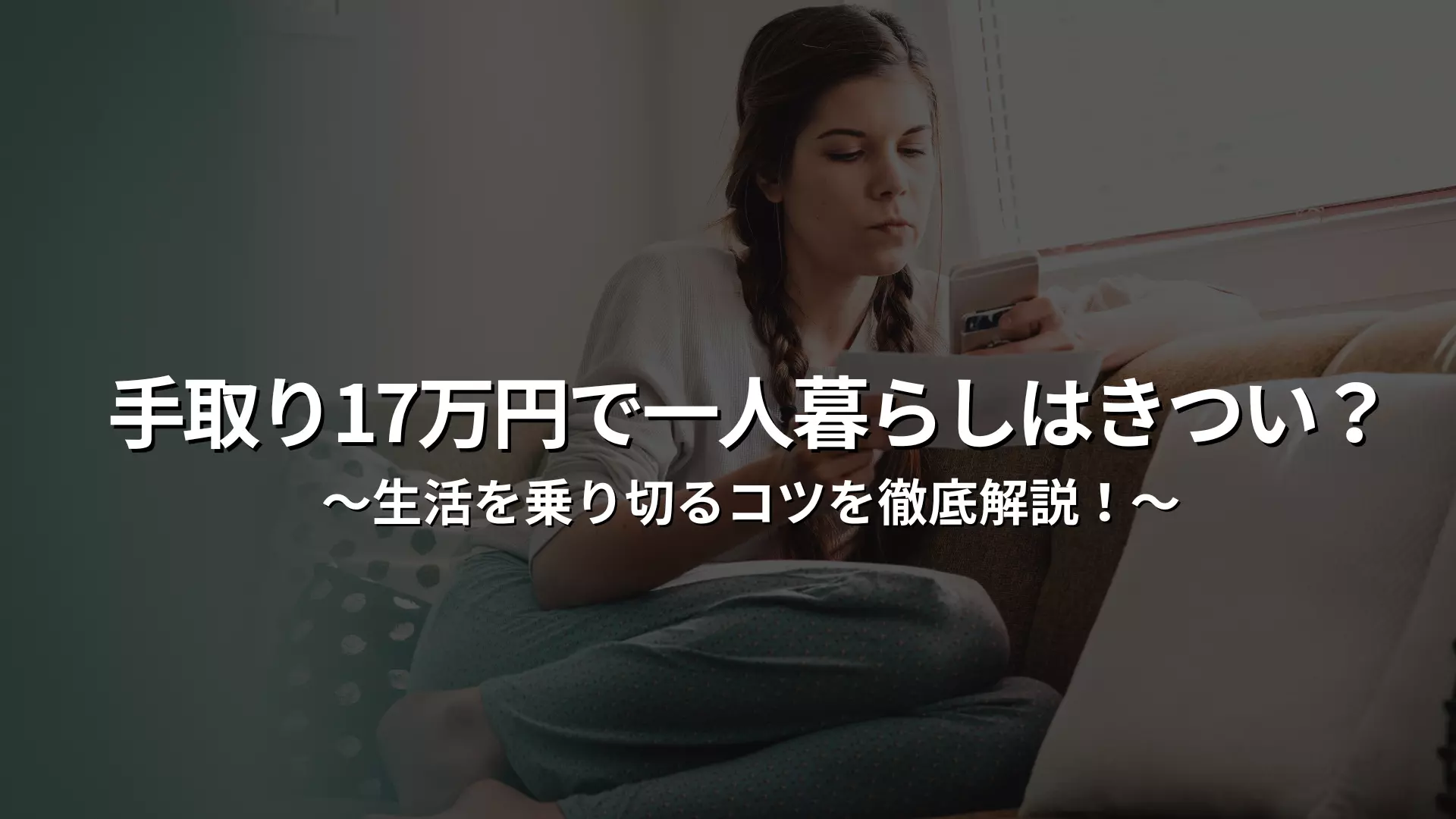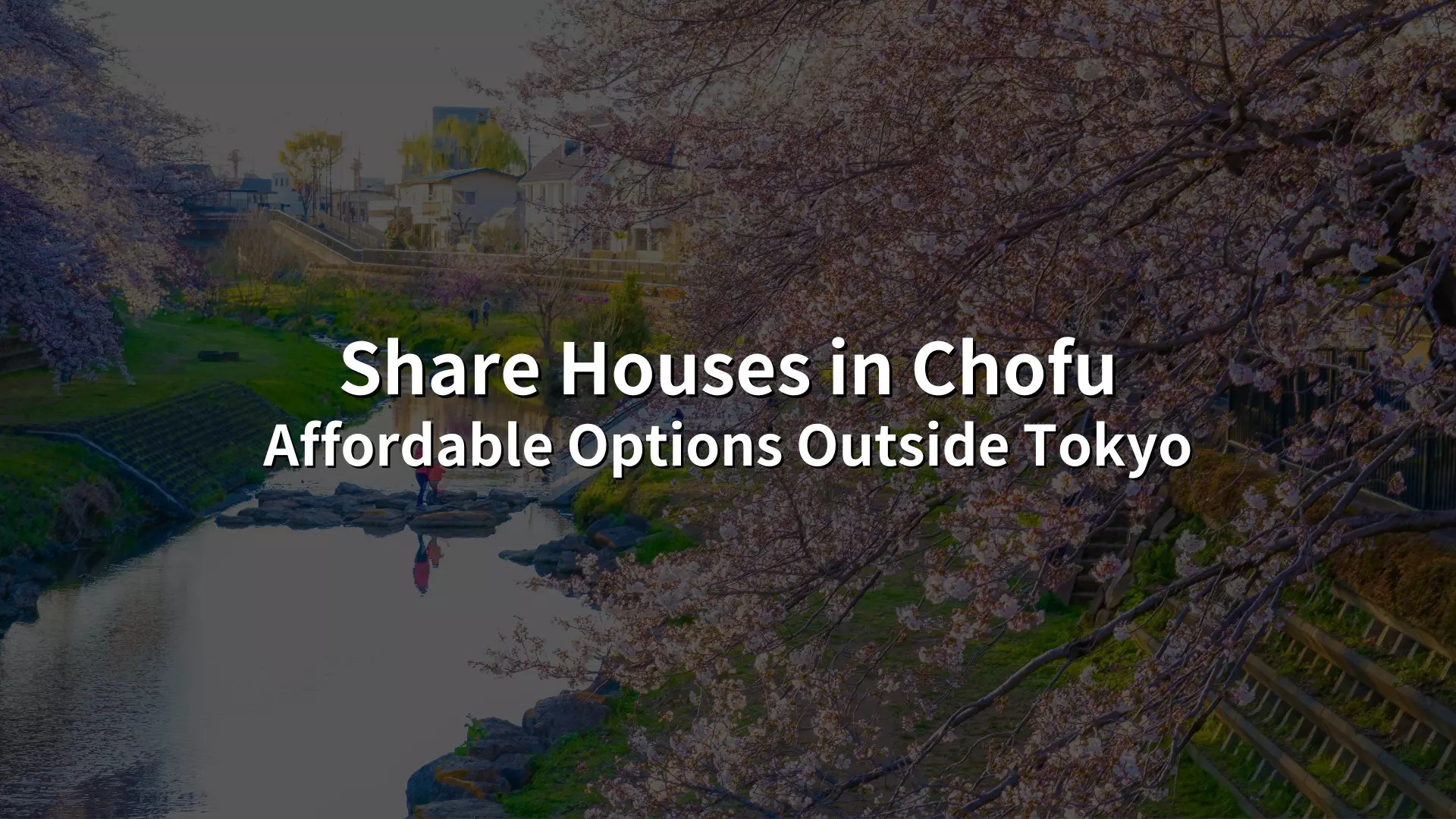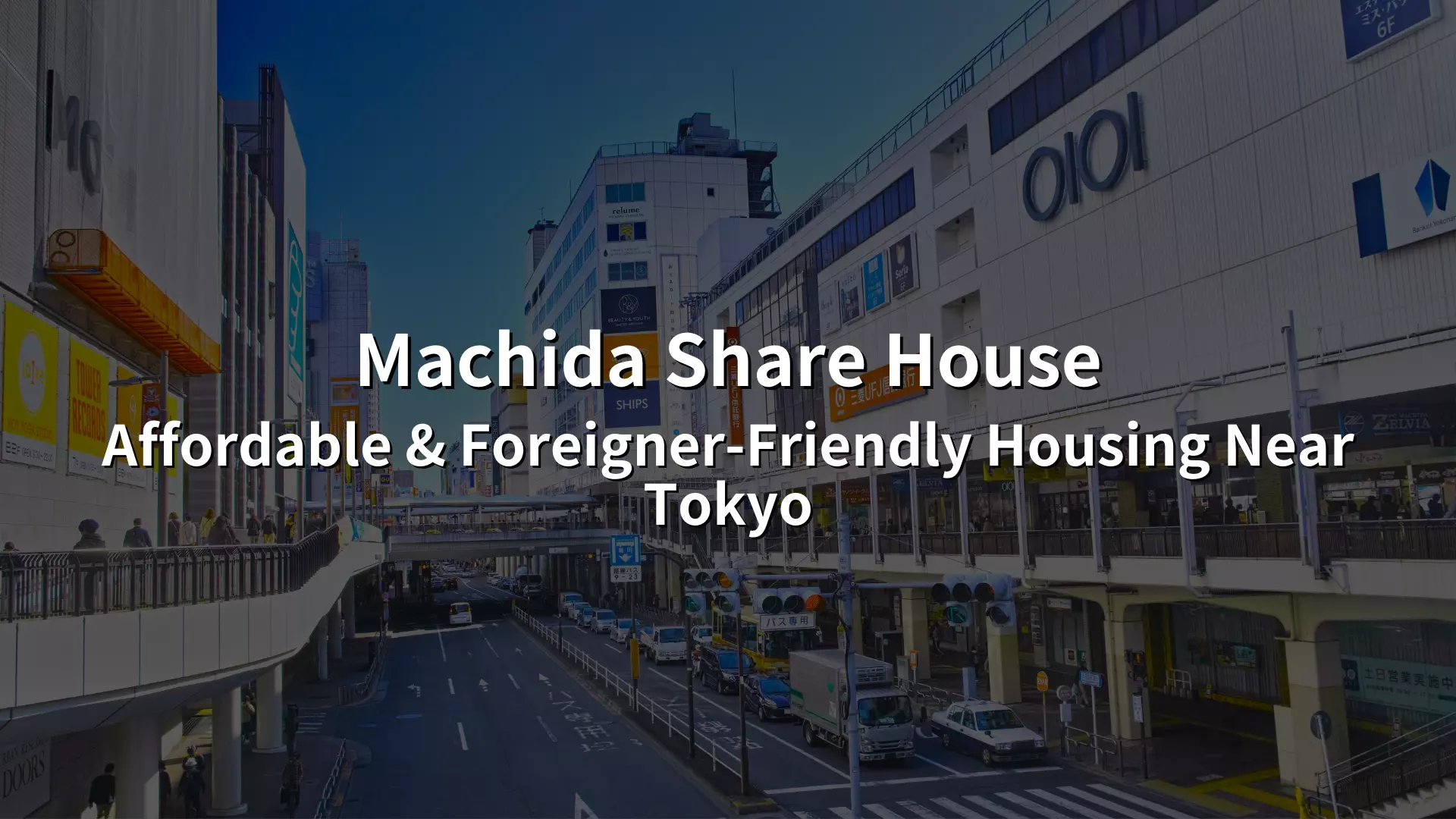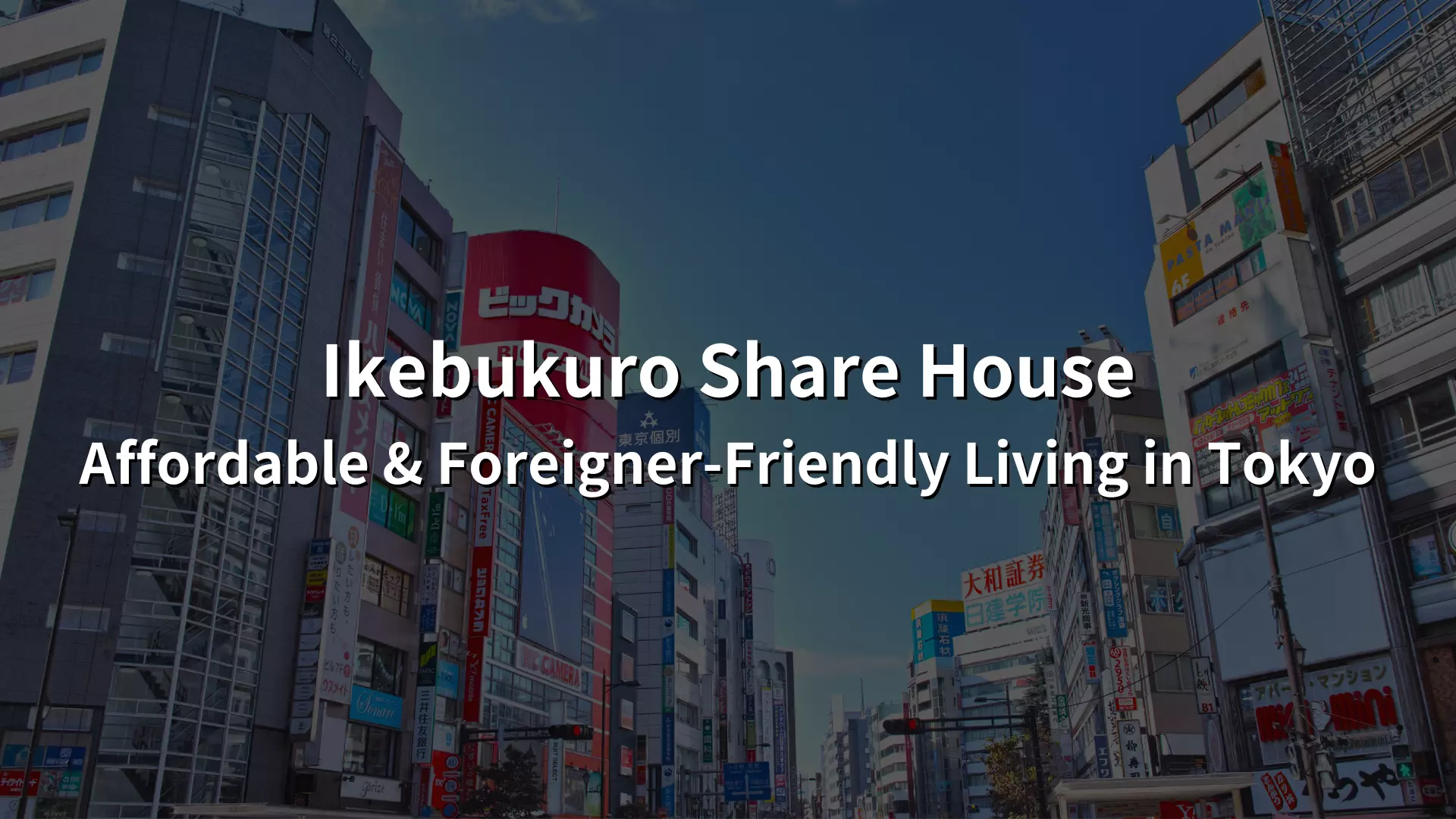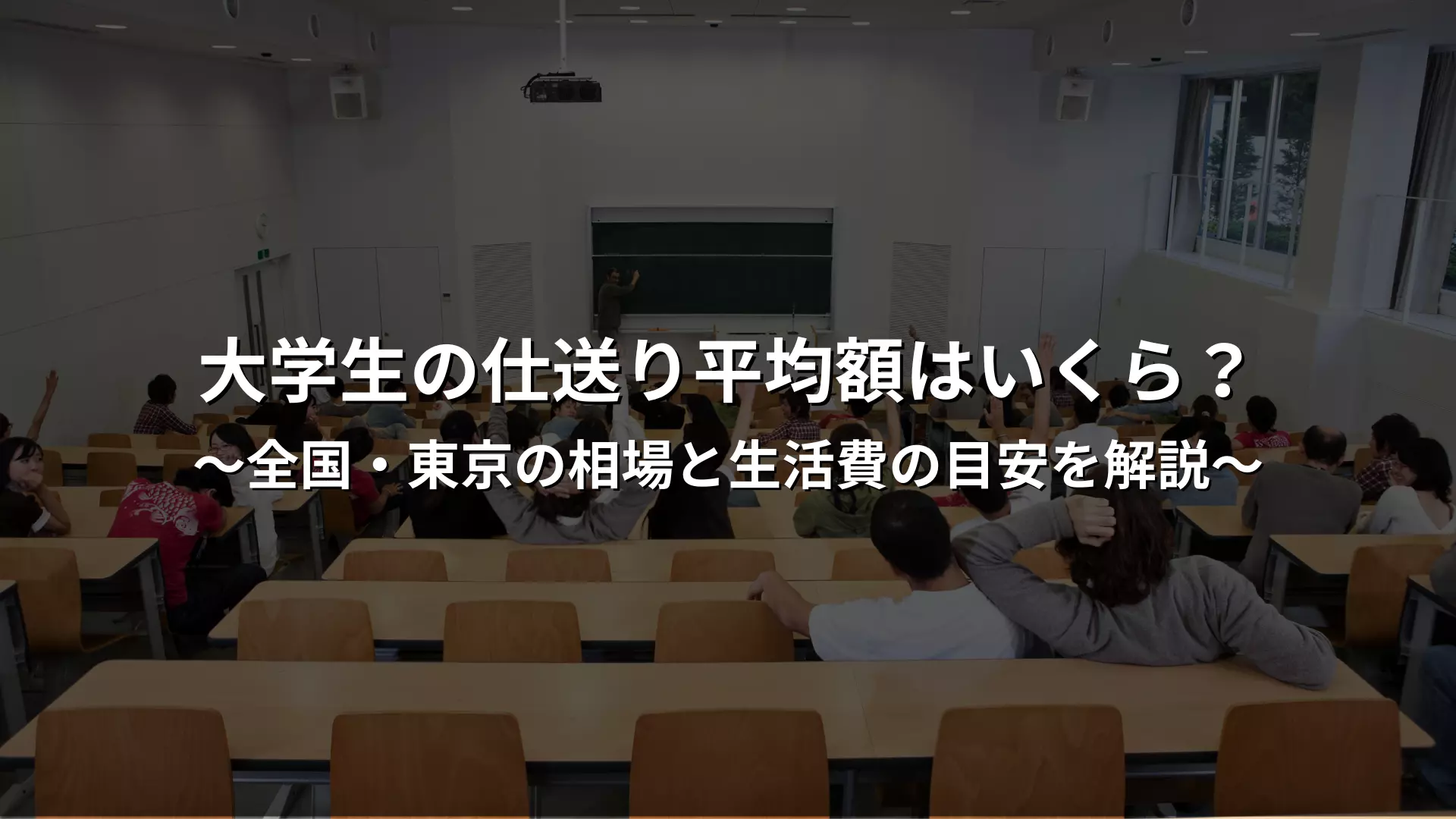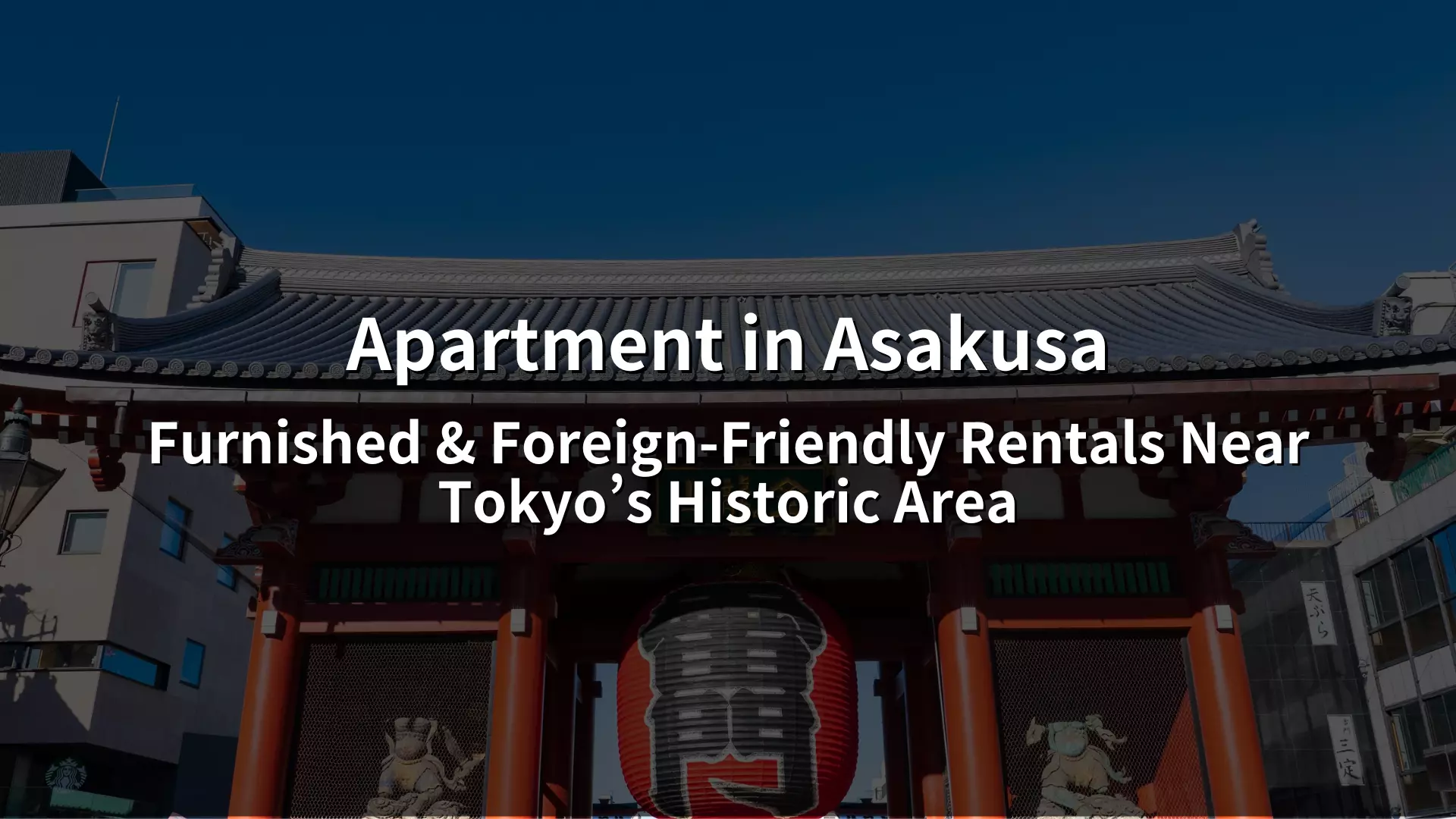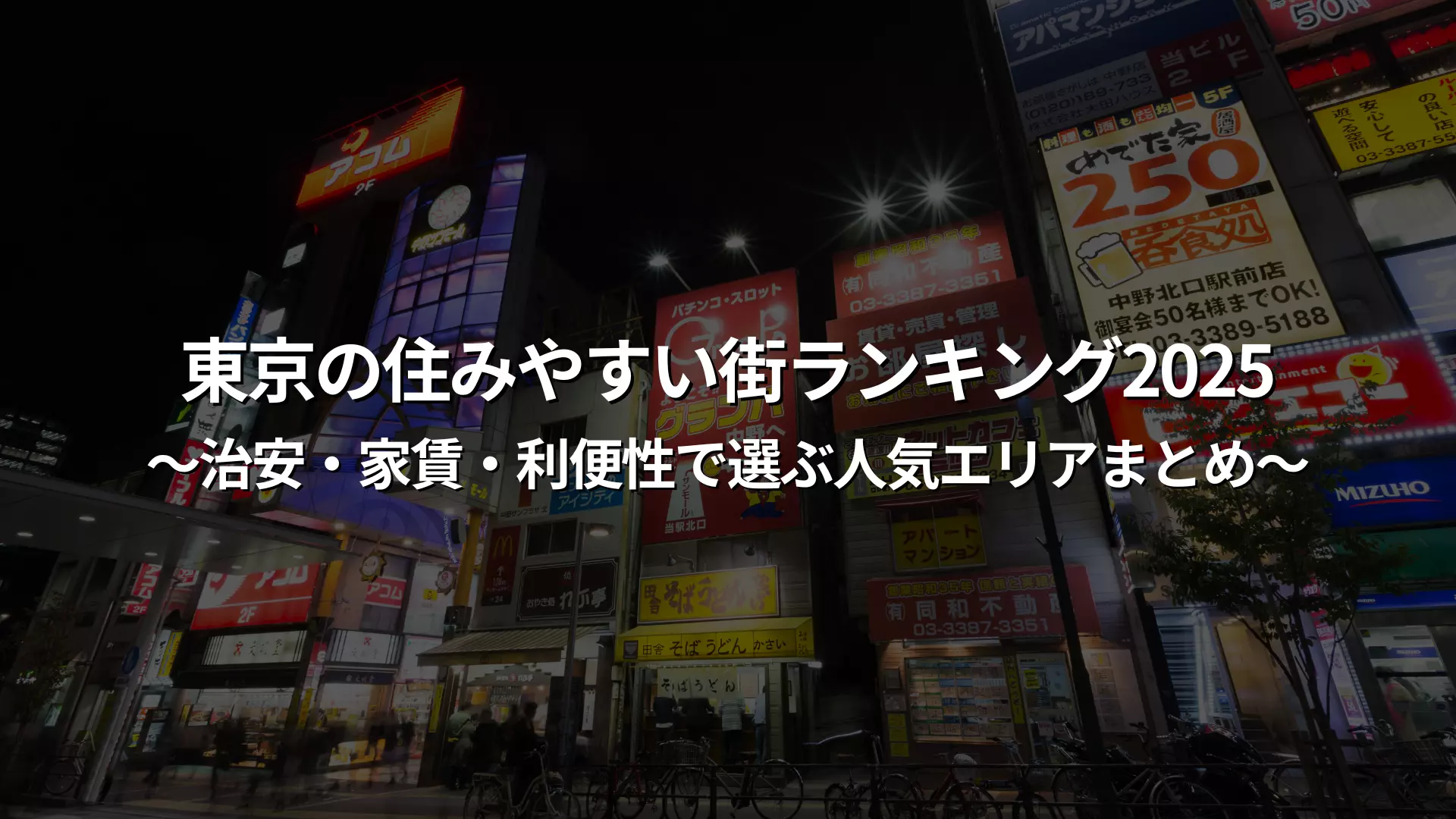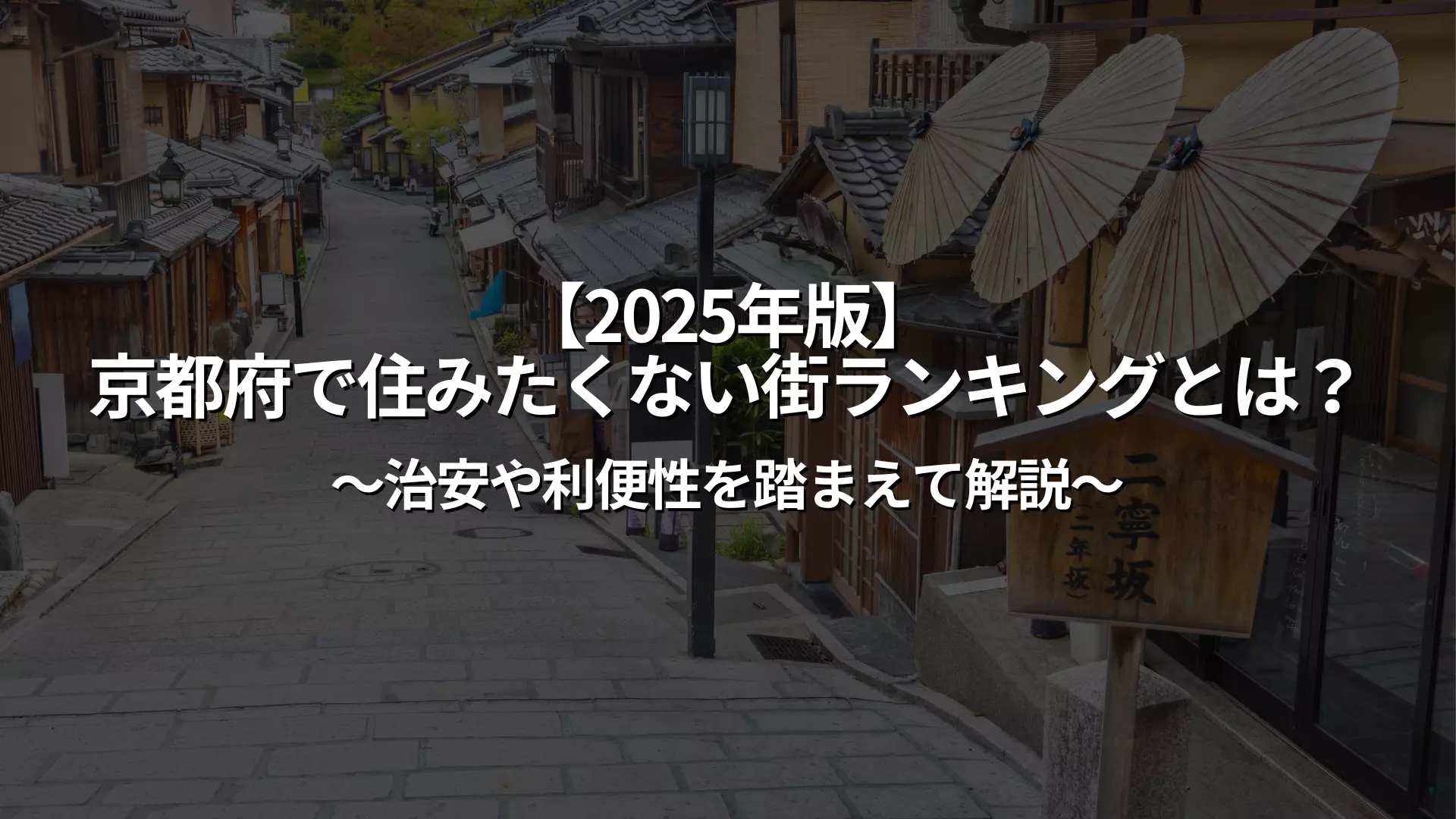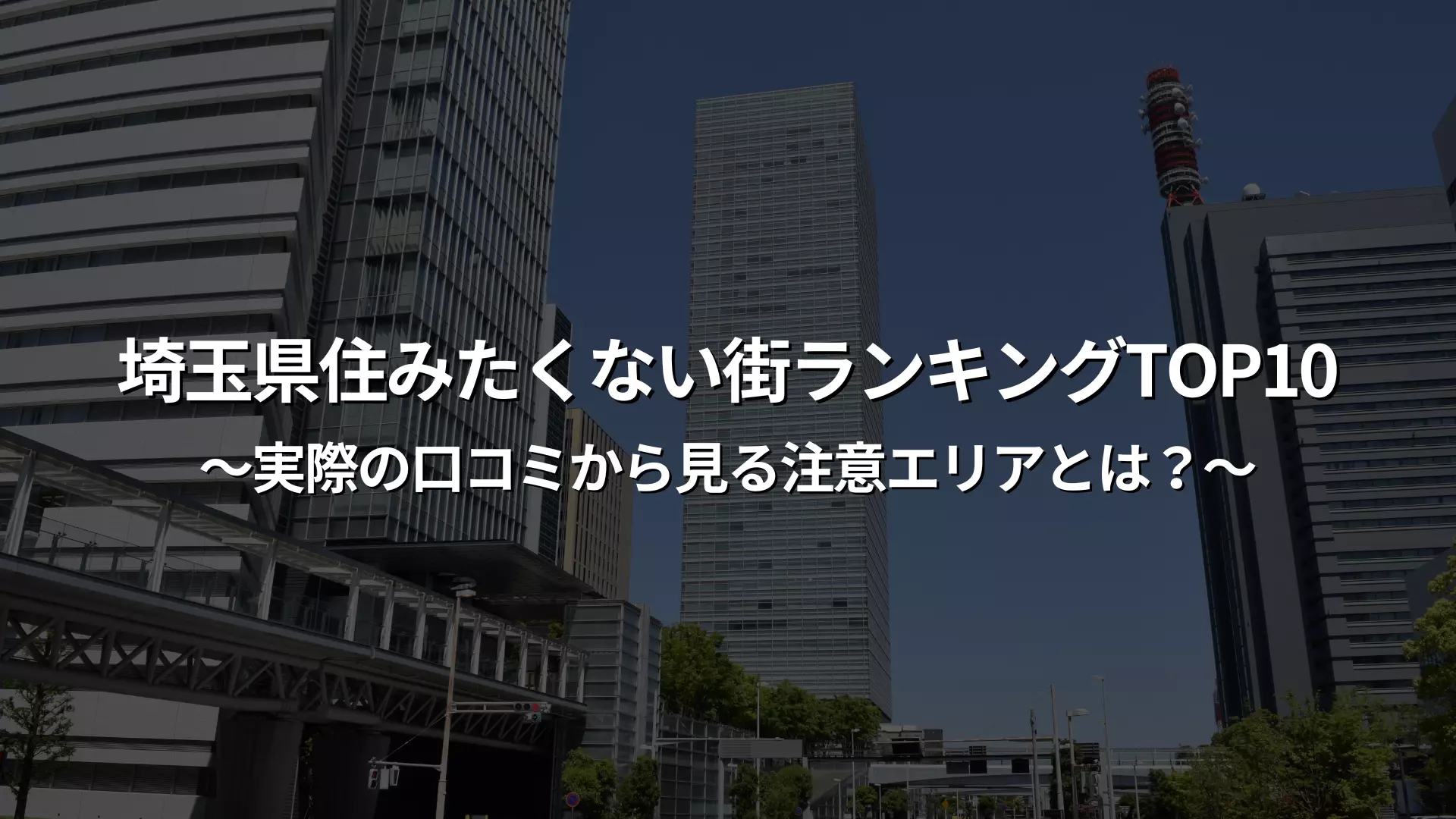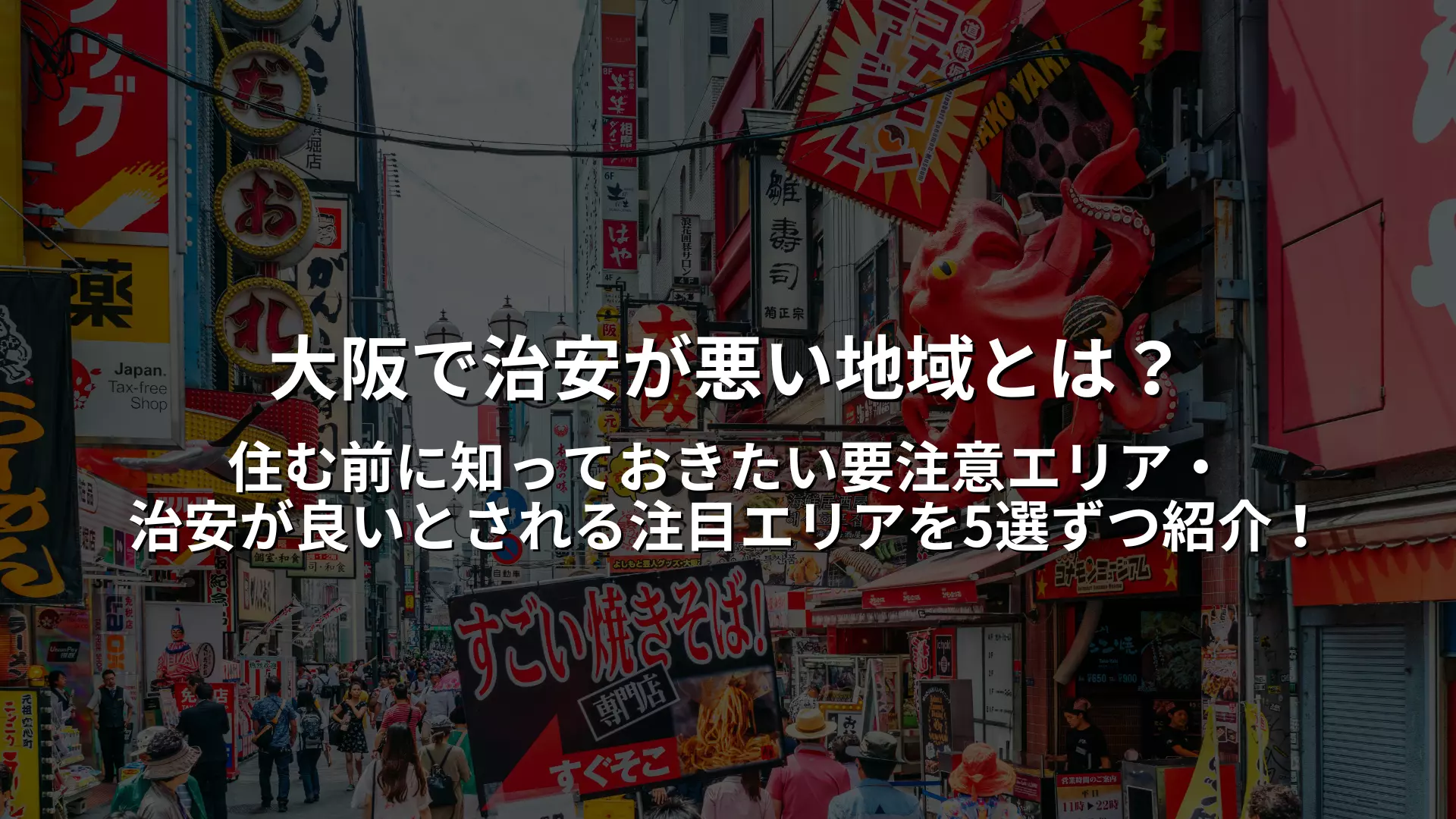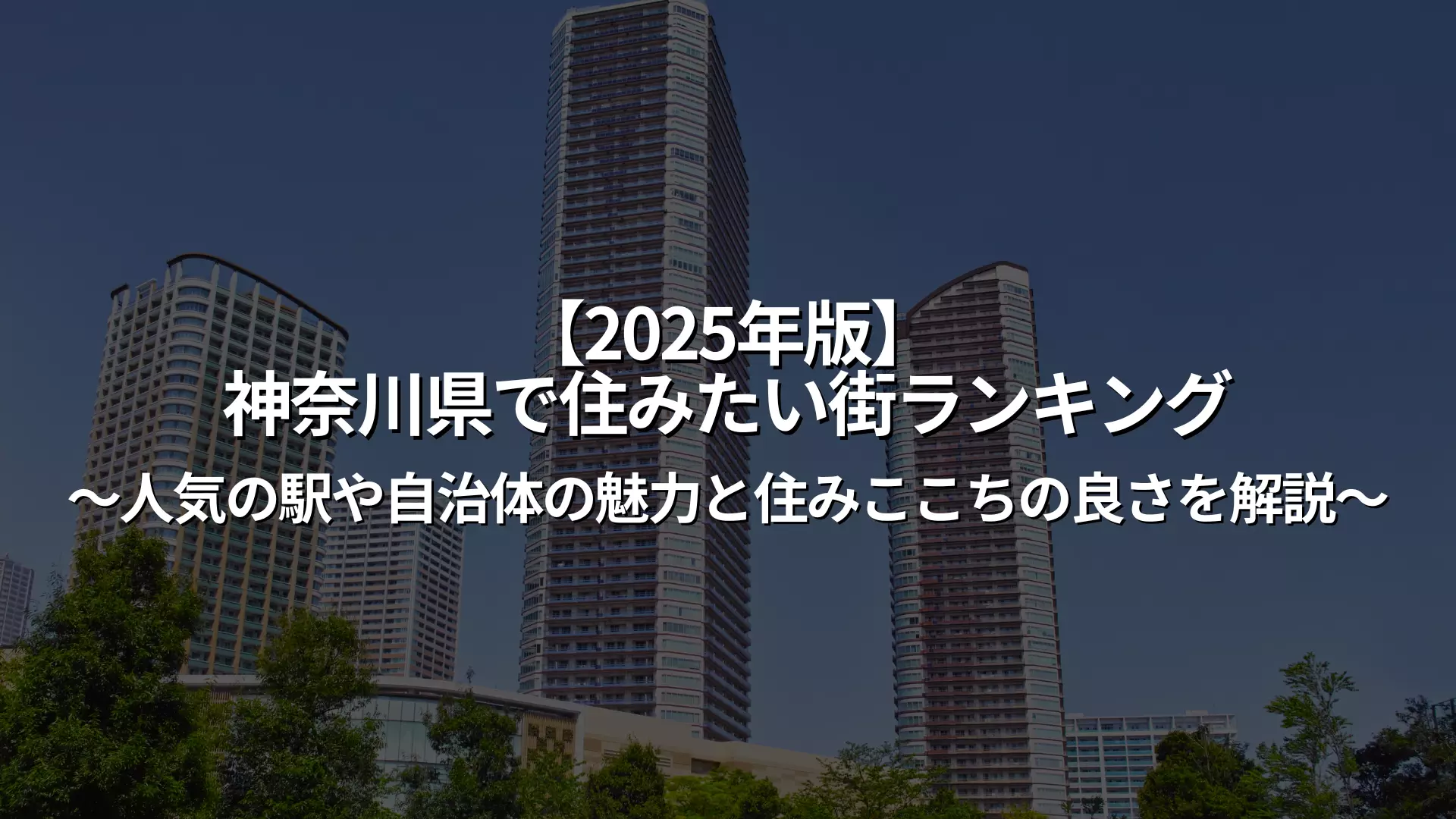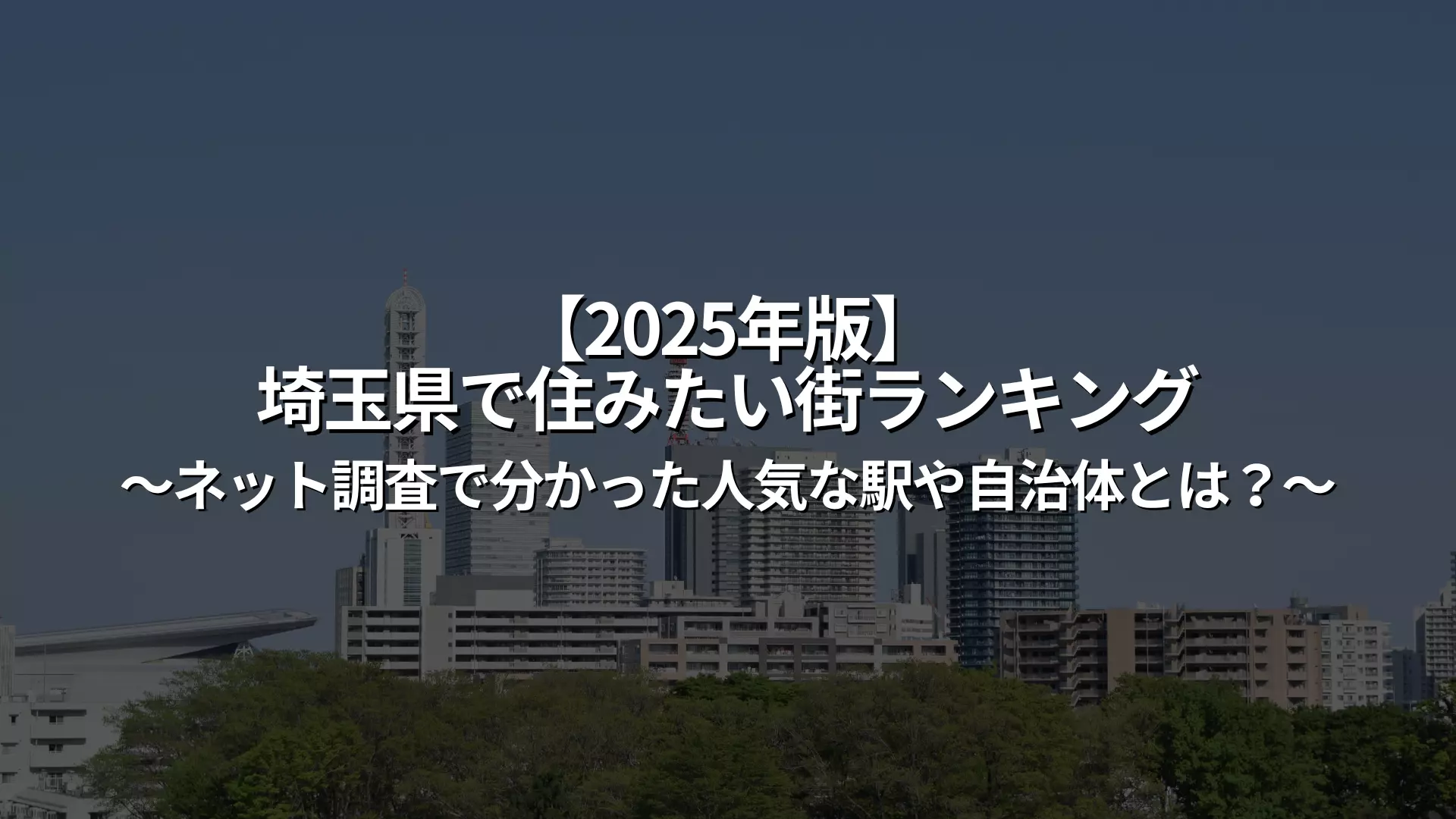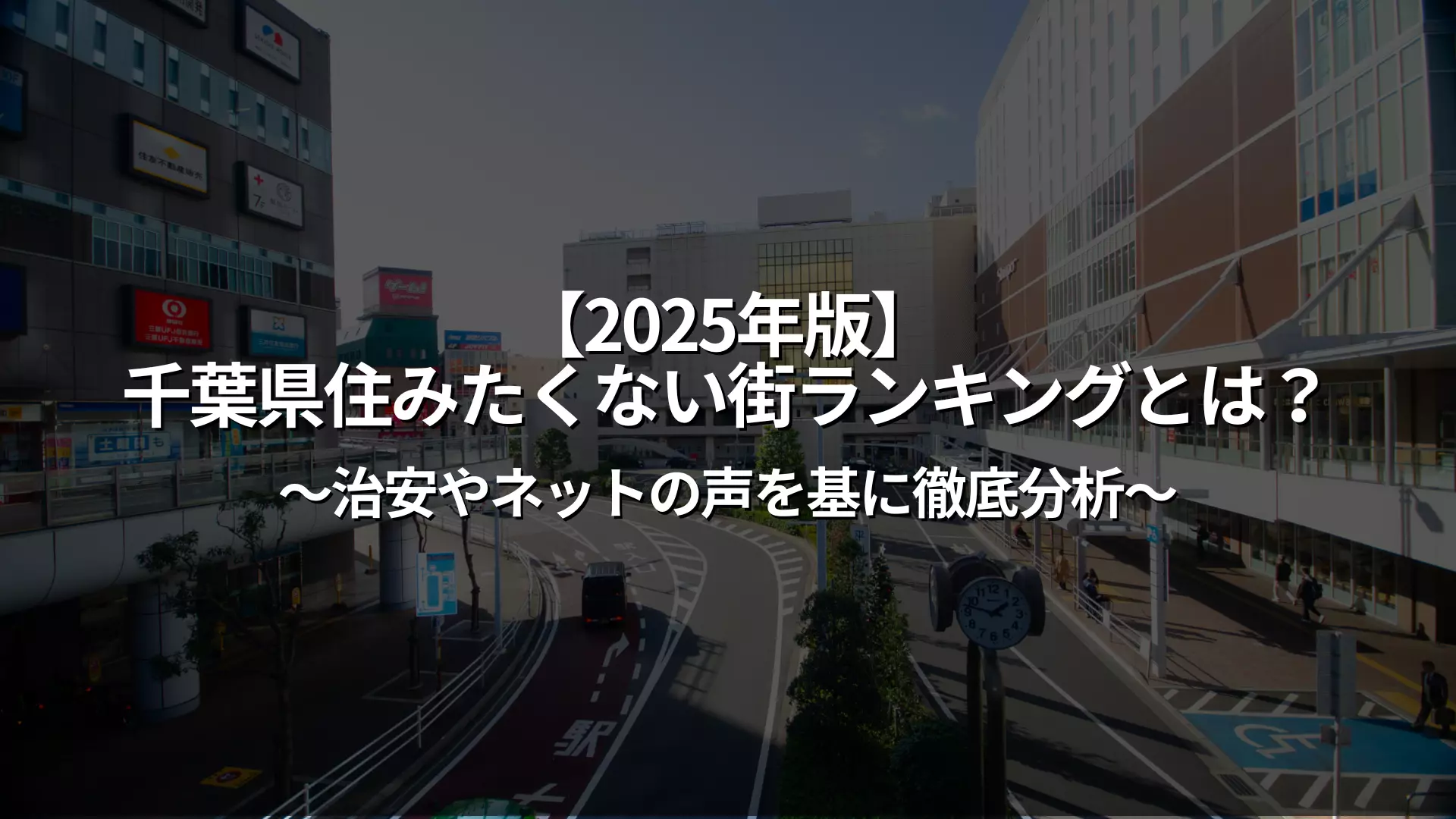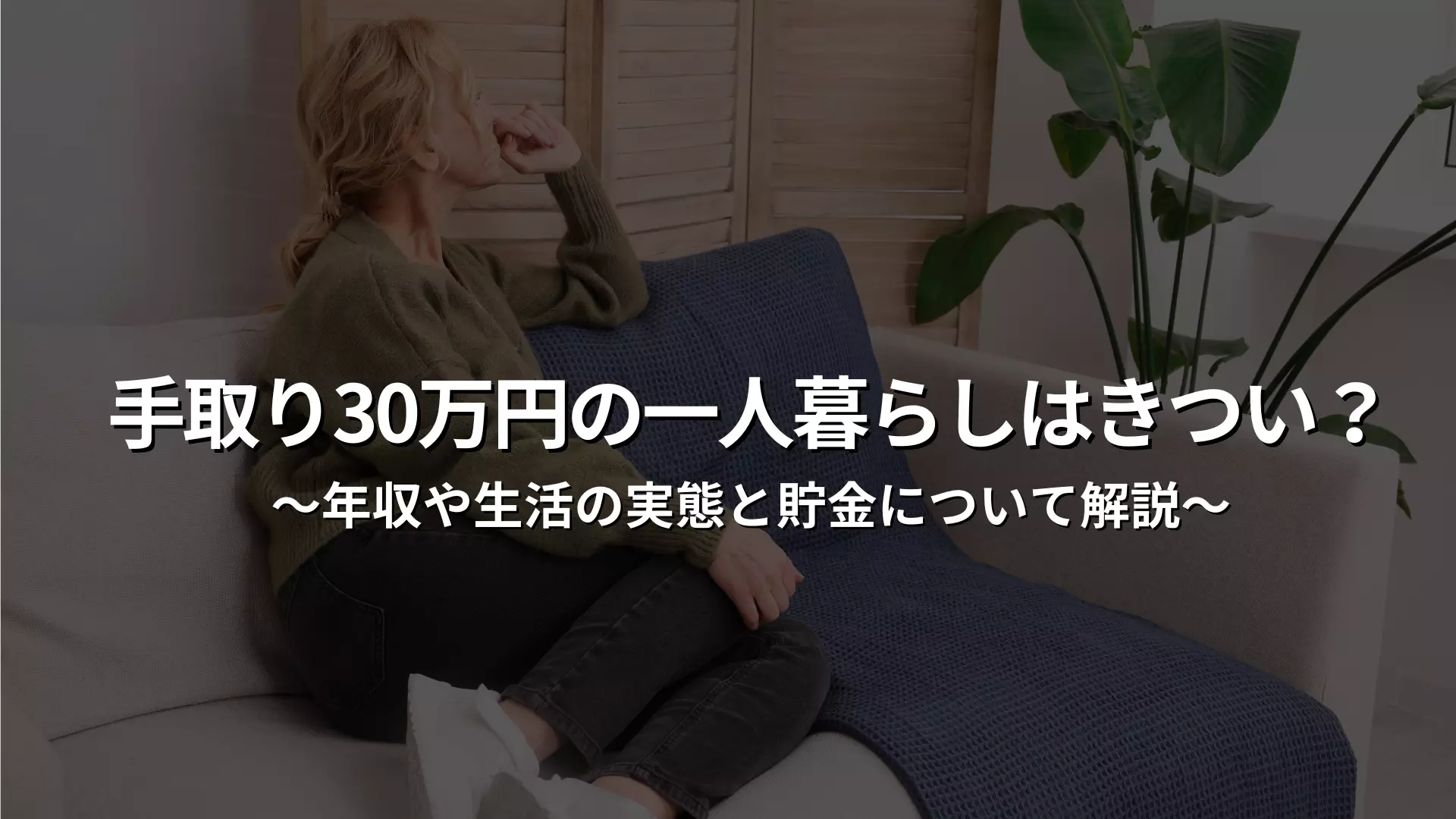What is the standard of living for a single person with a monthly take-home pay of 170,000 yen?
Living alone on a monthly salary of 170,000 yen is entirely possible, but it doesn't mean you'll have a comfortable life. You need to keep your rent and fixed expenses down and manage your daily expenses. In particular, rent, food, and communication costs account for a large portion of your expenses, so where and how you live can have a big impact on your quality of life.
Estimated annual salary and gross income for a take-home pay of 170,000 yen
A monthly take-home pay of 170,000 yen is the amount after deducting social insurance premiums and taxes. Looking at the gross pay, it's roughly 220,000 yen, and on an annual basis, it's roughly 2.6 million to 2.7 million yen. If your workplace offers bonuses, your annual income will be even higher, but if not, you'll need to carefully control your monthly expenses. By reviewing how you allocate your rent and food expenses in particular, you can create a more realistic lifestyle plan.
Is a take-home pay of 170,000 yen a high or low standard of living?
A take-home pay of 170,000 yen is average to slightly low for people in their 20s to early 30s. According to a survey by the Ministry of Health, Labor and Welfare, the average take-home pay is around 180,000 to 220,000 yen. While 170,000 yen is not particularly low, it is a line that leaves little room for savings or hobbies. However, if you can keep fixed costs down and manage your spending, it is entirely possible to live a fulfilling life.
How different is life in the city and in the countryside?
There is a big difference in living costs between Tokyo and the countryside, especially in rent. In central Tokyo, even a studio apartment costs between 60,000 and 80,000 yen, making housing costs a significant burden on a take-home pay of 170,000 yen. On the other hand, in the countryside, rent is kept to the 30,000 to 50,000 yen range, and utility and food costs are also cheaper, making it easier to live comfortably even with the same income. Moving to the countryside or choosing a property in the suburbs is also an effective option for improving your quality of life.
What is a realistic rent? [Guidelines and examples]
When living alone on a take-home pay of 170,000 yen, setting rent is an important factor that determines the stability and comfort of life. Generally, it is considered ideal to spend one-third of your take-home pay (approximately 56,000 yen), but the appropriate amount varies depending on your region and lifestyle. Recently, due to rising prices and skyrocketing rents in urban areas, there are an increasing number of cases where living by the one-third rule is difficult. At the end of this chapter, we will provide specific simulations to show how your life will change at rent levels of 40,000 yen, 50,000 yen, 60,000 yen, and 70,000 yen.
Is it true that rent should be one-third of your take-home pay?
The guideline of "rent should be one-third of your take-home pay" is a basic guideline that assumes a reasonable allocation of living expenses. For example, if your take-home pay is 170,000 yen, rent should ideally be around 56,000 yen, but in reality, average rent in urban areas is high, and there are areas where it is difficult to keep it down to one-third. Furthermore, recently, due to factors other than rent, such as rising prices, there has been an increase in cases where people find it difficult to make ends meet even with one-third of their take-home pay. Also, this does not apply if there is rent subsidy or company housing, and in some cases, the actual burden is reduced by the amount, making it possible to live comfortably even if the rent is high.
Is it difficult to pay rent of 60,000 yen on a monthly salary of 170,000 yen?
With a take-home pay of 170,000 yen, rent of 60,000 yen accounts for 35% of your total living expenses, so you need to manage your finances very carefully. The remaining 110,000 yen will cover fixed and variable costs such as food, utilities, and communication fees, making it difficult to save money or being unable to deal with unexpected expenses, which can easily lead to anxiety in your life. If you cannot compromise on rent for reasons of security or commute convenience, you will need to find ways to cut down on other expenses, such as using a low-cost SIM card or cooking your own meals.
If you absolutely need to prioritize the living environment and security and your rent ends up being 60,000 yen, it's important to balance it out by reviewing your communication expenses and living a life centered around cooking your own meals.
Living simulation by rent (40,000/50,000/60,000/70,000)
If the rent is 40,000 yen
- Food expenses: 25,000 yen
- Utility bills: 10,000 yen
- Communication fee: 8,000 yen
- Other: 25,000 yen (daily necessities, transportation, entertainment expenses)
- Savings: 30,000 yen
By being frugal, it is possible to save around 30,000 yen per month, which gives you a certain amount of leeway in your life.
If the rent is 50,000 yen
- Food expenses: 25,000 yen
- Utility bills: 10,000 yen
- Communication fee: 8,000 yen
- Other: 20,000 yen
- Savings: 17,000 yen
This is the line where you can balance savings with entertainment. In rural areas and suburban areas, there are many options and it is easy to live.
If the rent is 60,000 yen
- Food expenses: 20,000 yen
- Utility bills: 10,000 yen
- Communication fee: 7,000 yen
- Other: 18,000 yen
- Savings: 5,000 to 10,000 yen
Saving is essential and it is important to review fixed expenses, so there is little savings or discretionary spending.
If the rent is 70,000 yen
- Food expenses: 18,000 yen
- Utility bills: 8,000 yen
- Communication fee: 7,000 yen
- Other: 15,000 yen
- Savings: Almost impossible or in the red
This is a very unrealistic lifestyle plan. Without bonuses or extra income, it would be a tough situation.
Search for a room
Only furnished properties with appliances are listed!
Breakdown of living expenses and realistic money management techniques
To continue living alone on a take-home pay of 170,000 yen, it's essential to understand the breakdown of your living expenses and manage them in a planned manner. Categorize your expenses into "fixed expenses (rent, utilities, communication fees, etc.)" and "variable expenses (food, daily necessities, entertainment, etc.)" and set a reasonable budget for each. It's also effective to make spending management a habit using a household accounting app or Excel. Furthermore, by incorporating easy-to-continue money-saving techniques such as cooking your own meals, using a low-cost SIM card, and finding ways to reduce your electricity bill, you can achieve a comfortable lifestyle even with a low take-home pay.
How can you reduce fixed costs (rent, utilities, and communication costs)?
Fixed expenses are expenses incurred every month, and the more you review them, the more effective they will be. Keep the following points in mind.
rent
- The basic rule is to keep it within one-third of your take-home pay (approximately 55,000 yen)
- Even if the building is old, it's not a problem as long as the facilities are in order.
- You may be able to find a property with good value for money by narrowing down your search criteria to "within 15 minutes' walk from the station" or "city gas compatible."
Utility bills (water, gas, electricity)
- A rough estimate is 8,000 to 12,000 yen per month.
- Be aware that electricity bills tend to be higher during the day for all-electric properties
- By reducing your usage, you can save tens of thousands of yen a year.
Communication costs (smartphone/internet)
- Low-cost SIM + Wi-Fi is the best value combination
- Keep your smartphone bill under 3,000 yen per month and use campaigns to keep your internet connection costs down
How do you manage variable expenses (food, daily necessities, entertainment)?
Variable costs tend to vary depending on how they are used at the time, so control is required to eliminate waste.
Food expenses
- Estimated: 20,000 to 25,000 yen per month
- If you continue to spend money at convenience stores or eat out, your expenses may exceed 50,000 yen in an instant.
- Buying in bulk and cooking at home can save you a lot of money
Daily necessities/consumables
- Estimated cost: 3,000 to 5,000 yen per month
- Utilizing drugstore sale days and private brand products
Entertainment expenses and hobbies
- Estimated cost: 5,000 to 10,000 yen per month
- Decide on a budget in advance when attending drinking parties and events
- If social expenses are high, consider drinking at home or finding a free spot instead.
Money-saving tips: cooking at home, cheap SIM cards, and utility bill saving techniques
Here are some money-saving tips that you can easily stick to for as long as possible.
self catering
- You can eat a nutritionally balanced meal for just 200 to 300 yen per meal.
- By preparing food in advance and freezing it, you can save time and money compared to eating out.
Switch to a low-cost SIM
- Monthly communication costs of 7,000 to 10,000 yen reduced to under 3,000 yen
- If you don't have to stick to a major carrier, switching can reduce your fixed costs.
Techniques to reduce energy costs
- The ideal temperature setting for your air conditioner is 28°C in summer and 20°C in winter.
- Installing outlets with switches to frequently turn off the power and cut standby power consumption
- It is also effective to shorten the time of your shower and reuse the leftover bath water for laundry.
Experiences of a person living alone on a take-home pay of 170,000 yen
People living alone on a monthly take-home pay of 170,000 yen are constantly finding ways to make ends meet with their limited income. While they have gained freedom by moving out of their parents' home, they are often faced with the reality that fixed costs such as rent, utilities, and communication fees weigh heavily on them, making it difficult to save as much as they would like or spend on entertainment. Many people are particularly surprised by the high initial costs and unexpected expenses, and the reality is that many are getting by with steady money-saving techniques such as cooking their own meals, using cheap SIM cards, and taking advantage of special sales. Nevertheless, there are also positive voices saying that "living independently gives me confidence." Here we introduce some of their experiences in detail.

The reality I faced when I went from living at home to living alone
When you move out of your parents' home and start living on your own for the first time, you gain freedom but also the burden of financial reality.
- The first thing that will surprise you is the high initial costs. Many people report that nearly 300,000 yen is suddenly wiped out in the form of a security deposit, key money, moving costs, furniture, and appliances.
- Since starting to live alone, people are faced with fixed monthly expenses such as utility bills, internet and smartphone bills. With limited discretionary money, some people have cut back on eating out with friends and have had to forgo hobbies and shopping.
- On the other hand, there are also positive comments such as, "The realization that I can manage my own life has given me confidence," and many people are getting through it by using frugal methods.
How tough is it to earn 170,000 yen a month and own a car?
In many cases, owning a car involves fixed and variable costs of around 15,000 to 30,000 yen per month, which is equivalent to about 20% of a take-home pay of 170,000 yen.
- "Without a car, I couldn't commute to work, so I had no choice but to keep my rent low."
- "If you have a car, you have to be prepared to cut back significantly on other expenses."
- "Cars are my hobby, so I can't give them up, but I live with zero entertainment expenses."
Search for a room
Only furnished properties with appliances are listed!
How to reduce rent costs for a single person with a take-home pay of 170,000 yen
If you're living alone on a monthly salary of 170,000 yen, keeping rental costs as low as possible will lead to a stable lifestyle. Choosing an older property or one located a little further from the station will likely result in cheaper rent, and choosing a property with no security deposit or key money will also allow you to significantly reduce initial costs. Another effective method is to use real estate sites that offer no agency fees. In order to reduce your monthly burden and aim for a more comfortable lifestyle, it's important to review both your rent and initial costs.
Choose an older property
Older properties often have rents that are several thousand to 10,000 yen cheaper, even in the same area.
- Even properties that are 30 years old are becoming increasingly well-renovated and have beautiful interiors, making them attractive.
- Many properties come equipped with basic amenities such as separate bathrooms and toilets and air conditioning.
Taking into account the points mentioned above, it is important to check the actual condition, management status, and facilities rather than the age of the building.
Choose a property with no security deposit or key money
The biggest advantage of a "no deposit or key money property" is that it can save you over 100,000 yen in initial costs when moving.
- By reducing initial costs, you can use the funds to purchase home appliances and start up living expenses.
- Cleaning fees at the time of moving out may be high for "zero-rent properties," so be sure to check before signing the contract.
- The rent may be set a little high, so it's important to compare the total monthly rent.
Choose the next station where express or rapid trains stop
The average rent is higher at popular stations, but in some cases it can be 10,000 to 20,000 yen cheaper just by going one station further away.
- Commuting time remains almost the same
- Instead of choosing a station where only local trains stop, choose the station next to it where rapid trains stop.
- If you broaden your search to within a 10-15 minute walk of the station rather than a place close to the station, you will likely be able to keep your rent even lower.
How to choose an area and property where you can live on a take-home pay of 170,000 yen
To continue living comfortably on your own with a take-home pay of 170,000 yen, it's important to choose an area with low average rent and a good balance of accessibility and living environment. If you don't limit yourself to the center of Tokyo and look to the suburbs of Saitama, Chiba, Kanagawa, etc., you can find properties with rents in the 40,000 to 50,000 yen range. Make a comprehensive comparison of commute time, safety, living infrastructure, etc., and achieve a cost-effective and affordable lifestyle. It's also important to check the recommended train lines and the characteristics of the area.
How to find areas with low rent
To compare average rent prices, it is useful to use the "Average Rent Prices by Area" page or "Average Rent Prices Map" on real estate portal sites.
- Make a list of stations within a 30-60 minute train ride from the city center and consider them.
- Prioritize checking areas where the average rent for a "one-room or 1K" apartment is 50,000 yen or less.
- Properties that are over 20 years old, more than 10 minutes on foot, or close to a station but not an express stop are good options.
It may be a good idea to check not only the convenience of commuting to work or school, but also the living infrastructure.
Advantages and disadvantages of living in the suburbs vs. the city
Because rents are inevitably high in urban areas, more and more people are living in the suburbs. This is an effective way to keep rent costs down. We will explain the advantages and disadvantages of living in the suburbs rather than in the city center.
merit
- Rent is about 10,000 to 30,000 yen cheaper than in the city center
- You can find spacious and well-equipped properties for the same budget.
- There are many quiet residential areas, so you can live in a quiet environment.
Disadvantages
- Commuting to work or school takes a long time (sometimes more than an hour each way)
- Last trains may leave early/transportation costs may be high
- There are fewer restaurants and entertainment facilities, so people have more opportunities to go to the city center.
Recommended areas and train lines
The areas and train lines we will introduce below are examples of popular areas with easy access to central Tokyo and reasonable rents. We will introduce a few in each area.
Saitama Prefecture
- Nishi-Kawaguchi, Warabi, Minami-Urawa (Keihin-Tohoku Line)
Within 30 minutes of the city center. Properties near the station are available for around 50,000 yen.
- Soka, Yatsuka, Yashio (Tobu Skytree Line, Tsukuba Express)
Average rent is 40,000-50,000 yen. Redeveloped area with a good living environment.
Chiba Prefecture
- Ichikawa, Motoyawata (Sobu Line)
Located close to Tokyo and with good access. It's a popular area, but there are properties in the 50,000 yen range.
- Funabashi, Tsudanuma (Sobu Line, Keisei Main Line)
Large commercial facilities are available. Good balance of convenience and rent.
Kanagawa Prefecture
- Tsurumi, Higashi-Kanagawa (Keihin-Tohoku Line, Toyoko Line)
A location that allows you to see both Yokohama and Tokyo
- Sagami-Ono, Hon-Atsugi (Odakyu Line)
Low average rent, popular with students and working adults
Search for a room
Only furnished properties with appliances are listed!
[Subsidies available] Support system available even for those with low income
Even if your take-home pay is only 170,000 yen, the key to reducing the burden of living alone is to take advantage of various support systems. There are many systems available if you meet the conditions, such as housing allowances, rent subsidies, and housing security benefits from local governments. There are also support measures for single-parent households and young people, and the application process is relatively simple. First, check the website of the local government in your area to find a system that suits you and make good use of it.
Possibility of housing allowance/rent subsidy
Some companies provide housing allowances and rent subsidies to both full-time and contract employees. The conditions for payment vary from company to company, but be sure to check the following points.
Points to check
- How much will be subsidized per month (maximum amount)
- Is the work location limited (e.g., only for transferees)?
- Application conditions (contract period, whether or not you have dependents, commuting time, etc.)
Some companies will provide subsidies of 20-30% of the rent, up to a maximum of around 20,000 yen. Be sure to check the job posting and company rules carefully.
Local government rent subsidy and support systems
Local governments also have systems in place that allow you to receive rent subsidies if you meet certain conditions. The most common types of support include the following:
Main examples
- For young people and new graduates: Rent subsidy for those living alone (income restrictions apply)
- For single-parent households: Many local governments offer rent subsidies. This can be used in conjunction with child support allowances.
- Housing Security Benefit: Temporary rent assistance for people who have experienced a sudden drop in income
By searching for "rent subsidy" or "housing support" on the website of each local government, you can find out the eligible ages, conditions, and how to apply.
Consider a share house
Starting a life on your own in Tokyo with a monthly salary of 170,000 yen may seem like a financially daunting task. However, for those who want to live in the city center while keeping rent low, a shared house is a realistic and cost-effective option. One shared house management company that has been attracting particular attention is XROSS HOUSE. Let's take a look at why it's the perfect place for someone starting out on their own in Tokyo.
Benefits of choosing Cross House
- Low initial costs: Deposit, key money, and brokerage fees are all 0 yen, and the initial cost is a flat 30,000 yen
- Extremely cheap rent: You can live in Tokyo for as little as 24,800 yen per month (around 40,000 yen including common area fees)
- Furniture, appliances, and Wi-Fi are all provided: bed, refrigerator, desk, TV, washing machine, cooking utensils, etc., so you can start living right away.
- Abundant properties near stations and in great locations: Many properties are located within 20 minutes of major stations in central Tokyo, such as Shibuya, Shinjuku, and Ikebukuro
- You can sign a contract without visiting the store: You can sign a contract online from your smartphone or PC, making it easy to move from a long distance.
- Free property transfers after moving in: You can move properties as many times as you like even if your commute to work or school changes, so you can rest assured
- Common area fees include utilities and consumables: Simple monthly payments make it easy to manage expenses
All the necessary amenities for daily life are provided: shower, kitchen, toilet, washing machine, and all the equipment are in the shared areas.
summary
This time, we explained how to live alone on a take-home pay of 170,000 yen. Living alone on a take-home pay of 170,000 yen is by no means easy, but it is entirely possible if you are creative with your rent setting and expense management. In particular, rent should be within one-third of your take-home pay (approximately 56,000 yen), so you need to be creative in cutting down on expenses. Effective money-saving techniques include reviewing rent costs, cooking at home, using a low-cost SIM card, and electricity bills. Additionally, by taking advantage of housing allowances and rent subsidies from companies and local governments, as well as options such as shared housing, it may be possible to live comfortably even in the city center. Ingenuity and information gathering are key.

